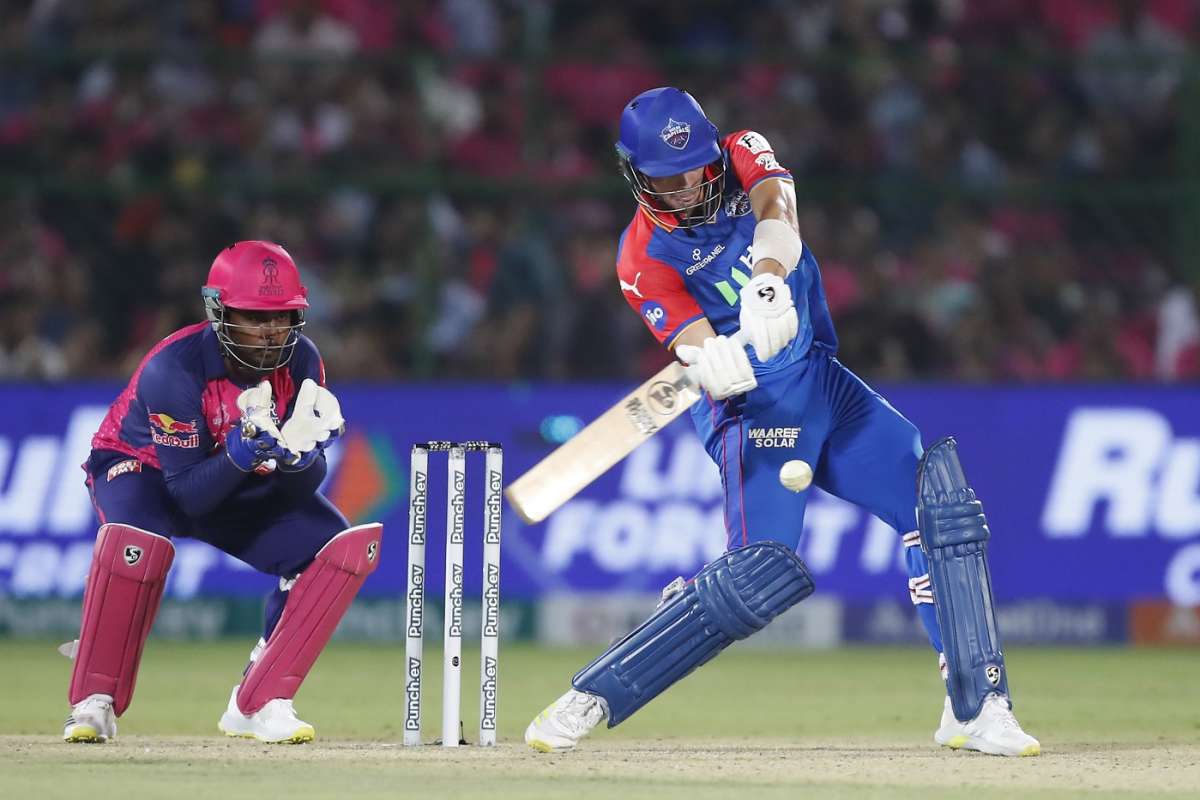In a recent development within Sri Lankan cricket, Wanindu Hasaranga, shortly after announcing his return from Test retirement for the series against Bangladesh, was sanctioned by the ICC and ruled out of participation. This incident stems from Hasaranga violating the ICC’s code of conduct by showing dissent towards an umpire’s decision during an ODI against Bangladesh. As a result, he received a 50% fine of his match fee and three demerit points, which, added to his previous tally, reached the threshold requiring him to sit out from upcoming matches. This meant Hasaranga would miss the first four games of the T20 World Cup had he not chosen to return to Test cricket.
This scenario is somewhat reflective of past instances in Sri Lankan cricket where decisions around player management and team leadership have raised eyebrows. For example, when Lasith Malinga was appointed as the T20 captain, there was a widespread perception that Mahela Jayawardene was the one making key decisions behind the scenes. Such moves can be seen as indicative of the complexities and challenges within the team’s management and decision-making processes.
Hasaranga’s sanction follows a previous incident where he expressed dissatisfaction with umpiring after a match against Afghanistan, questioning the competence of an on-field official during a press conference. Additionally, Sri Lanka ODI captain Kusal Mendis also faced sanctions for misconduct towards umpires.
With Hasaranga’s suspension, Sri Lanka will now have to reconfigure their spin attack for the Test series against Bangladesh, bringing in less experienced players like Kamindu Mendis and the uncapped Nishan Peiris. This adjustment underscores the ongoing issues within the team related to discipline and conduct, as well as the immediate impact on team composition and strategy for upcoming series.






Leave a Reply